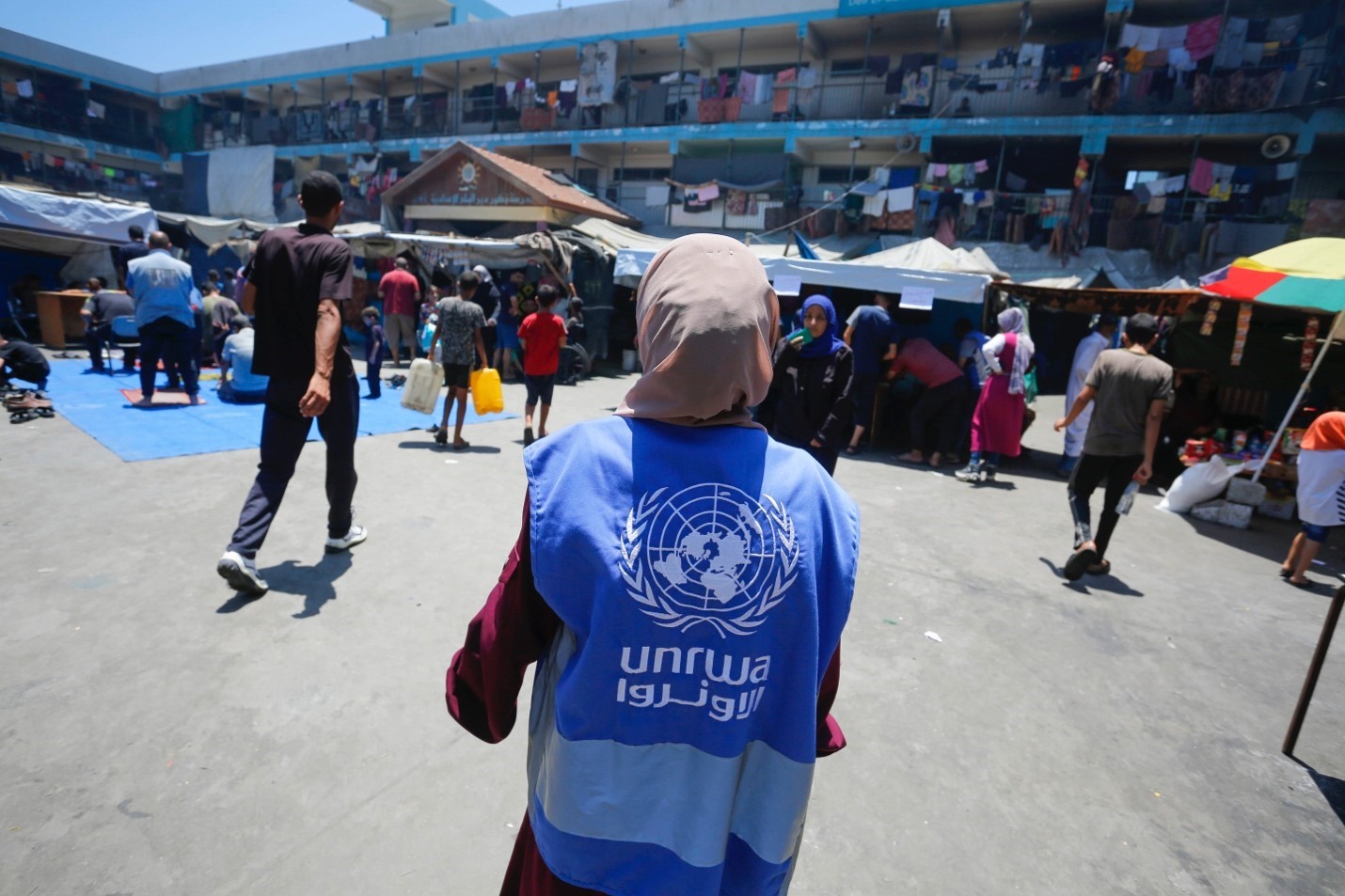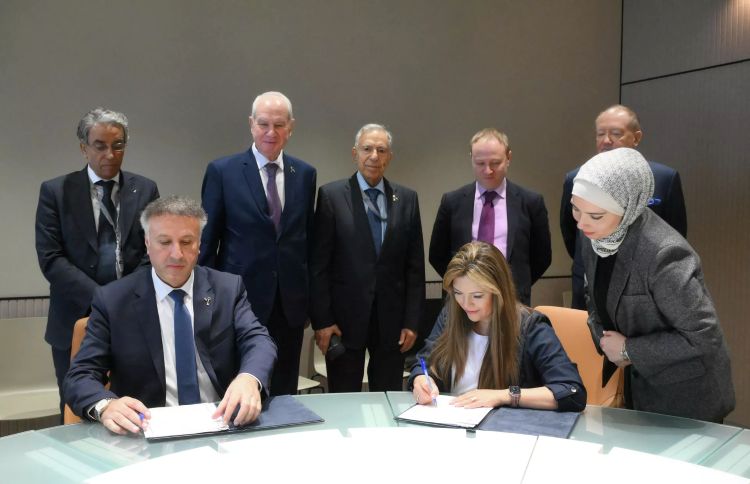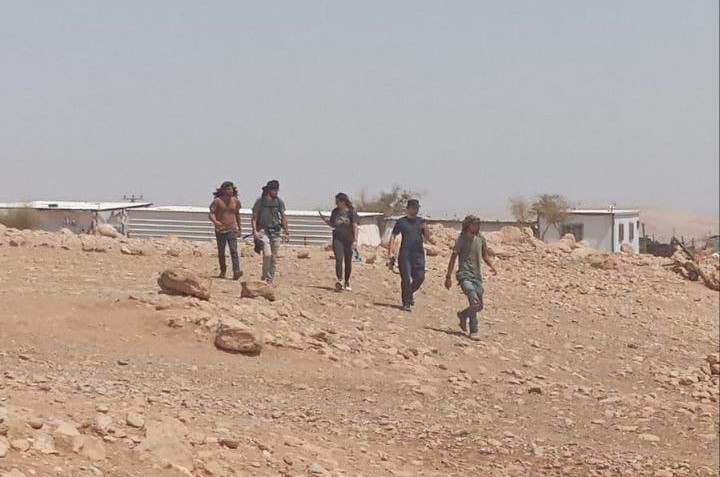CAPITALS, January 31, 2025 (WAFA)—The foreign ministers of the United Kingdom, France, and Germany have reiterated their “grave concern regarding the Government of Israel’s implementation of legislation forbidding any contact between Israeli state entities, officials and the United Nations Relief and Works Agency for Palestine Refugees in the Near East [UNRWA]; and prohibiting any UNRWA presence within Israel and East Jerusalem.”
The ministers called on the Government of Israel to abide by its international obligations and live up to its responsibility to ensure full, rapid, safe and unhindered humanitarian assistance and the provision of basic services to the civilian population. “We urge the Government of Israel to work with international partners, including the UN, to ensure continuity of operations. No other entity or UN Agency currently has the capacity or infrastructure to replace UNRWA’s mandate and experience.”
The ministers reaffirmed their support for UNRWA’s UN-mandate to provide essential services and humanitarian aid to Palestinian refugees in the Occupied Palestinian Territories. They highlighted that UNRWA remains the primary service provider to Palestinian refugees in the West Bank, including East Jerusalem, and plays an integral role in the response to the humanitarian crisis in Gaza.
The ministers expressed their full endorsement of the ceasefire agreement. They welcomed the increase in humanitarian aid reaching Gaza since the ceasefire began and urged all parties to ensure its continued flow.
“We will play our full part in the coming days and weeks to seize the opportunity of this ceasefire and to ensure it leads to a credible pathway towards a two-state solution in which Israelis and Palestinians can live side by side in peace,” the ministers concluded.
The two laws targeting the operations of UNRWA entered into effect on Thursday, meaning that tens of thousands of refugees will be deprived of services, including education and healthcare.
The first law prohibits UNRWA activities within "areas under Israeli sovereignty," including the operation of representative offices and the provision of services, while the second law bans any contact with the agency.
T.R.













